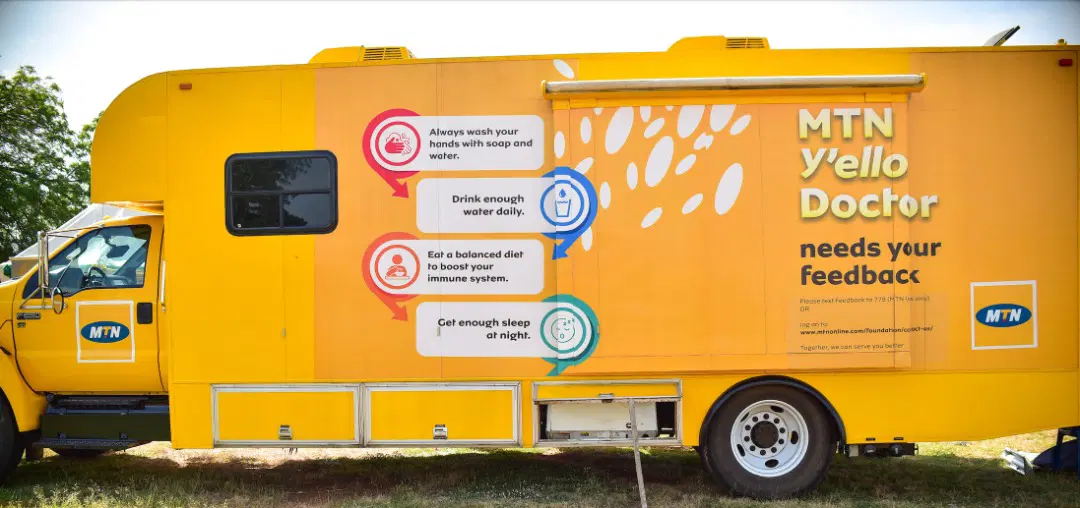By Isaac Atunlute
Despite the growing awareness of sexually transmitted diseases (STDs), many Nigerian women remain unaware that they are infected until complications arise.
Gynaecologists warn that this silent progression can be deadly, with infections like chlamydia, gonorrhoea, and HPV quietly damaging reproductive systems and leading to infertility, ectopic pregnancy, and HIV exposure.
Why so many women remain unaware
According to Amina Muhammad, a consultant gynaecologist in Abuja, underdiagnosis results from a dangerous combination of asymptomatic infection, stigma, and poor access to healthcare. “Some women’s STDs take a long time to manifest themselves. By then, harm has already been done,” she explains.
STDs have more severe consequences for women than men. Beyond chronic pelvic pain and infertility, infections can block the fallopian tubes, making pregnancy difficult or impossible. The psychological toll–stress, shame and anxiety–can be just as damaging.
A 2024 study among nursing students at a tertiary institution in Nnewi, Anambra State, found that while 96.7% were aware of STIs, only 15.3% knew that STIs can be cured.
The findings highlight a clear need for improved youth education on sexual health and the complications that can arise from untreated infections.
Stigma remains one of the biggest barriers to STD testing for women.
“Most women don’t go to the clinic and ask for a test because they do not want to be labelled promiscuous,” says health educator Blessing Monday. “Wives are even more reluctant to ask, worried that their request for an STD test may spark a marital conflict.”
Grassroots solutions
A shift is underway. Across Nigeria, health workers and groups are testing innovative approaches to overcome these barriers:
1. Confidential self-testing kits.
Organisations like the Nigerian Health Innovation marketplace have introduced private self-testing kits for gonorrhoea and chlamydia. Distributed through pharmacies and NGOs, these kits allow women to test themselves discreetly and access follow-up care through tele-counselling.
2. Mobile women’s clinics.
In areas like Lagos and Port Harcourt, mobile clinics equipped with laboratory equipment and staffed by female health workers visit markets, churches, and community centres monthly to offer free check-ups and consultations. The MTN Y’ello Doctor health initiative scheme also provides free primary healthcare across six Nigerian states.
3. Community education and safe spaces.
Groups like Women’s Safe House are training local vendors and hairdressers as peer health ambassadors. These women distribute information leaflets and refer clients to nearby clinics. Religious leaders are also being engaged to shift the narrative from shame to safety.
A call for policy
While grassroots efforts are making a difference, experts maintain that structural change is needed. They call for a national strategy for gender-sensitive health education, increased funding for mobile health units, and mandatory STD testing as part of regular women’s healthcare.
“Women shouldn’t hear about it through infertility,” says Muhammad. “Early detection must become the norm.”
Though the gap remains significant, these interventions are helping more Nigerian women to take control of their reproductive health–quietly, safely, and without shame.
Despite increasing awareness of STDs, many Nigerian women remain unaware of infections until complications occur, such as infertility and ectopic pregnancy. Gynaecologist Amina Muhammad cites asymptomatic infections, stigma, and poor healthcare access as culprits. A study in Anambra State revealed that although many young women are aware of STIs, there's a lack of understanding about treatment, emphasizing the need for better sexual health education.
Stigma prevents many women from seeking STD tests due to fear of being labeled promiscuous or creating marital conflict. Innovative solutions in Nigeria aim to address this, including the implementation of confidential self-testing kits, mobile women's clinics, and community education. Organizations are providing discreet testing options and healthcare access, while local ambassadors and religious leaders are working to destigmatize conversation about STDs.
Experts advocate for a national strategy that includes gender-sensitive health education and routine STD testing to eliminate stigma and improve accessibility. These efforts strive to enable women to manage their reproductive health without shame and ensure early detection becomes standard practice.






